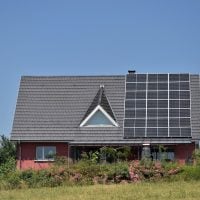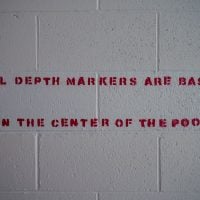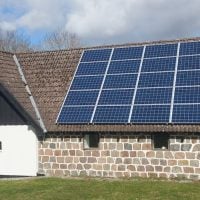Deadline: 15-Jun-21
The European Commission (EC) has launched a call for proposals to Promote Equality and to Fight Against Racism, Xenophobia and Discrimination to support a comprehensive and intersectional approach and specific actions to prevent and fight against intolerance, racism, xenophobia, and discrimination, in particular on grounds of racial or ethnic origin, colour, religion, sexual orientation, gender identity, including when this manifests in the form of antigypsism, antisemitism, anti-Muslim hatred, Afrophobia and LGBTIQ phobia, offline and online.
Priorities
The following priorities will be financed:
- Fighting against intolerance, racism, xenophobia, discrimination, hate speech and hate crimes
- Promoting diversity management and inclusion at the workplace, both in the public and private sector
- Fighting discrimination against LGBTIQ people and promoting LGBTIQ equality through the implementation of the LGBTIQ Equality Strategy
- Preventing, reporting and countering hate speech online
- Restricted to public authorities to improve their responses to (multiple and intersectional) discrimination, racism and xenophobia
- The available call budget is EUR 9 900 000. This budget might be increased by maximum 20%.
- Fighting against intolerance, racism, xenophobia, discrimination, hate speech and hate crimes: EUR 5 400 000
- Promoting diversity management and inclusion at the workplace, both in the public and private sector: EUR 500 000
- Fighting discrimination against LGBTIQ people and promoting LGBTIQ equality through the implementation of the LGBTIQ Equality Strategy: EUR 1 000 000
- Preventing, reporting and countering hate speech online: EUR 1 500 000
- Restricted to public authorities to improve their responses to (multiple and intersectional) discrimination, racism and xenophobia: EUR 1 500 000
- Projects should normally range between 12 and 24 months (extensions are possible, if duly justified and through an amendment).
Eligible Activities
Activities shall include:
- coalition and capacity building;
- training of professionals and victims of (multiple and intersectional) discrimination, hate speech and hate crimes;
- mutual learning, exchange of good practices, cooperation, including identifying best practices which may be transferable to other participating countries;
- designing and implementing anti-racism strategies or plans of action, including with focus on specific grounds (e.g. on antisemitism or other specific forms of intolerance) and initiated at the local level;
- dissemination and awareness-raising, including social media or press campaigns;
- studies and analytical activities, including intersectional analysis;
- promotion of digital skills and critical thinking;
- data recording, data collection, surveys, including data disaggregation
- monitoring and reporting of incidents of discrimination, hate speech and hate crime, including analysis of trends, triggers and ecosystem of online hatred;
- victim empowerment and support, with consideration of the specific needs of women and men, girls and boys in all their diversity;
- capacity building and training activities; including for national, regional and local authorities.
- be legal entities (public or private bodies) be established in one of the eligible countries, i.e.:
- EU Member States (including overseas countries and territories (OCTs))
- non-EU countries:
- listed EEA countries and countries associated to the CERV Programme (associated countries) or countries which are in ongoing negotiations for an association agreement and where the agreement enters into force before grant signature
- Other eligibility conditions:
- To be eligible under the first, second, third and fourth priority, grant applications must comply with all of the following criteria:
- applicants and partners must be public entities or private organisations, duly established in one of the countries participating in the programme, or an international organisation; organisations which are profit-oriented must submit applications in partnership with public entities or private non-profit organisations;
- the project can be either national or transnational;
- the application must involve at least two organisations (applicant and partner);
- the EU grant applied for cannot be lower than EUR 75 000.
- To be eligible under the fifth priority, grant applications must comply with all of the following criteria:
- applicants must be public authorities of one of the countries participating in the programme; partners must be public entities or private organisations, duly established in one of the countries participating in the programme, or international organisations;
- the project can be either national or transnational;
- the application must involve at least two organisations (applicant and partner);
- the EU grant applied for cannot be lower than EUR 75 000
- To be eligible under the first, second, third and fourth priority, grant applications must comply with all of the following criteria:
For more information, visit https://bit.ly/2QzhEir.









































